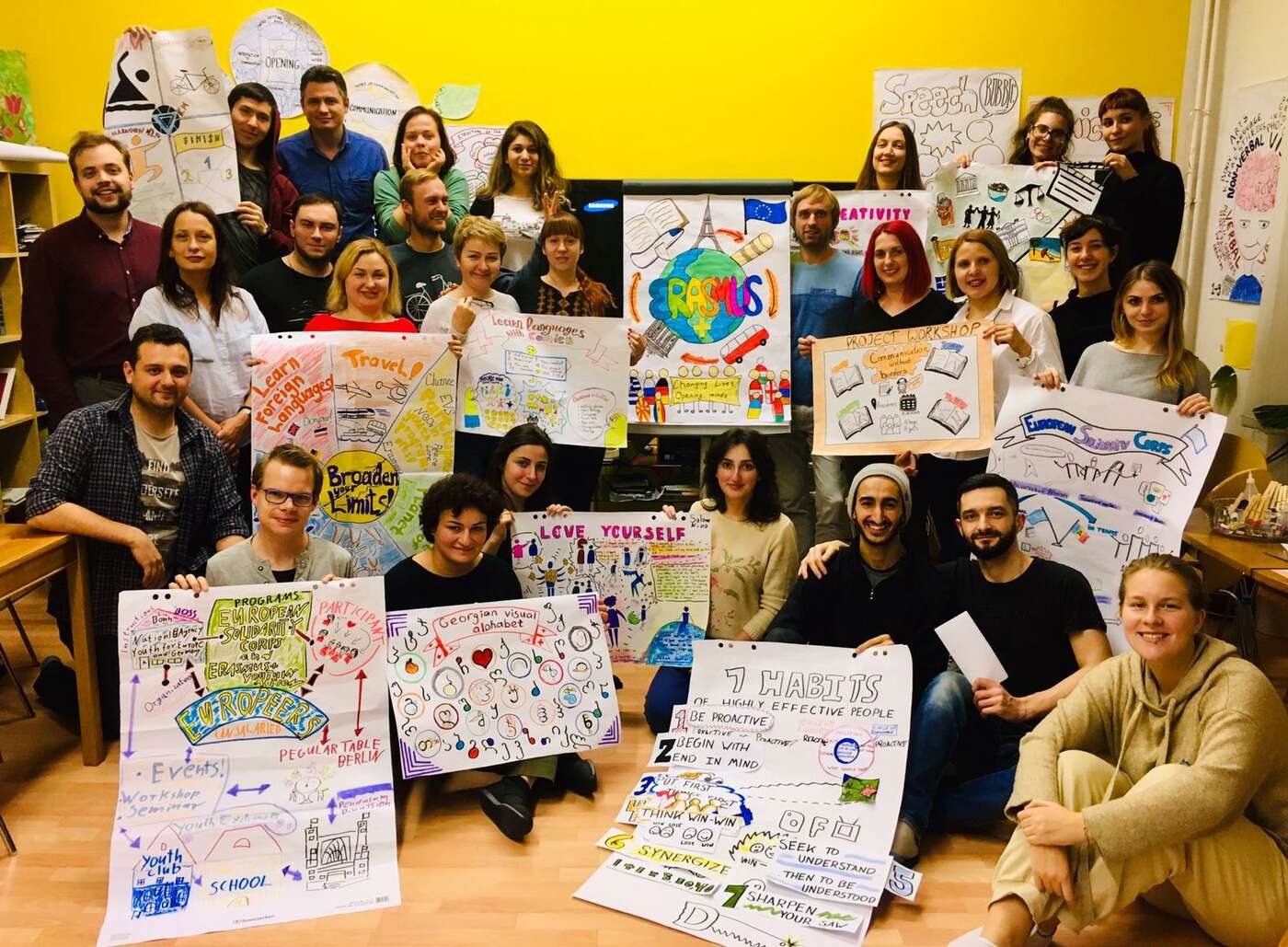

Informal education happens outside the classroom, in after-school programs, community-based organizations, museums, libraries, or at home. Formal education is classroom-based, accompanied by trained teachers. Formal and Non Formal Education has basic differences. Employment support schemes have been developed and piloted in the Shida Kartli region of Georgia, with the focus on municipalities affected by conflicts (Nikozi), and in the Samegrelo-Zemo-Svaneti region (Mestia and Tsalenjiha).Ī Afghanistan Albania Algeria Angola Argentina Armenia Azerbaijan B Bahrain Bangladesh Barbados Belarus Belize Benin Bhutan Bolivia Bosnia and Herzegovina Botswana Brazil Burkina Faso Burundi C Cambodia Cameroon Cape Verde Central African Republic Chad Chile China Colombia Comoros Congo (Dem. Many non-traditional education options are now available and continue to evolve.The Government of Georgia has been assisted in developing a concept of non-formal Life-Log Learning.Vocational programmes have been introduced to Agara Secondary School which has also received support in setting up modular teachings programmes.Distance learning and e-learning schemes have been implemented in the selected vocational colleges and secondary schools (Tetnuldi and Lakada colleges, Agara Secondary School).Both formal and informal education settings offer different strengths to.

The defining characteristic of non-formal education is that it is an addition, alternative and/or a complement to formal education within the process of the lifelong learning of individuals. Education that is institutionalized, intentional and planned by an education provider. Formal education is classroom-based, accompanied by trained teachers. A definition of non-formal education from UNESCO. The mobile VET centre has been established and made operational in the mountainous municipality of Mestia. Formal and Non Formal Education has basic differences.In Mestia and Jvari Vocational Colleges and Agara Secondary School, teachers were trained in delivering vocational education programmes in three vocations and retraining courses in six vocations. The assessment tools, teachers’ guidelines and practical training materials for modular teaching programmes have been developed in four industrial vocations.


 0 kommentar(er)
0 kommentar(er)
